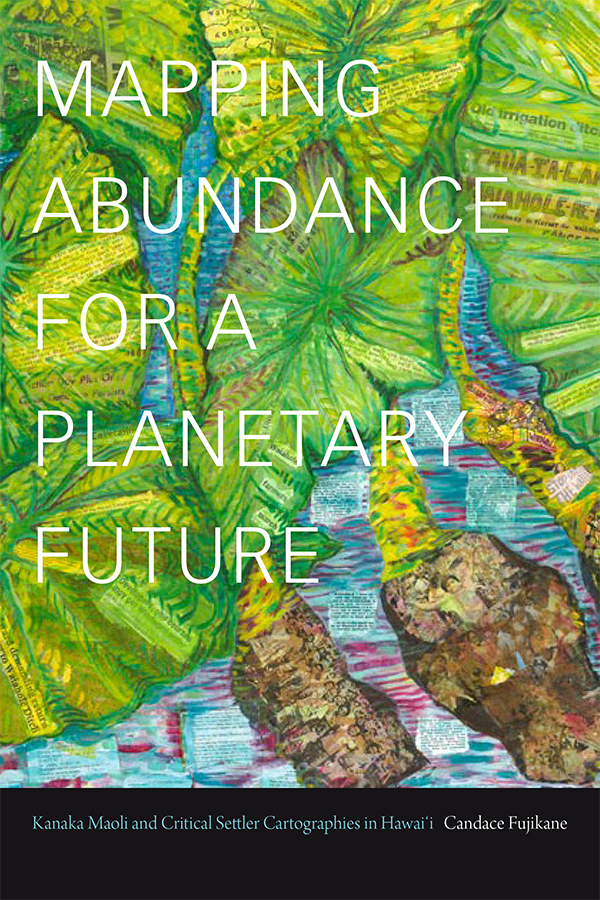Employing the teachings of Indigenous cartographic practices to trouble the Western epistemologies of subdivision that underpin private property development, Candace Fujikane’s Mapping Abundance for a Planetary Future charts out an unabashedly hopeful vision for futures that exceed the dictates of capitalist accumulation. Abundance, as Fujikane shows throughout, is not an ungrounded future wish, or a hazily-defined otherwise that we must collectively imagine. It has already been mapped out for us by Indigenous peoples—in her example, Kanaka Maoli—who have long thrived according to fundamental philosophies of cultivation and relationality.
Articles by Hiʻilei Julia Hobart
Hiʻilei Julia Hobart is an Assistant Professor of Anthropology at UT Austin and holds a PhD in Food Studies from New York University. Her writing and research is broadly concerned with Indigenous foodways, Pacific Island studies, settler colonialism, urban infrastructure, and the performance of taste. Her book, Cooling the Tropics: Ice, Indigeneity, and Hawaiian Refreshment (forthcoming from Duke University Press), on the social history of comestible ice in Hawai’i investigates the thermal dimensions of Native Hawaiian dispossession.
